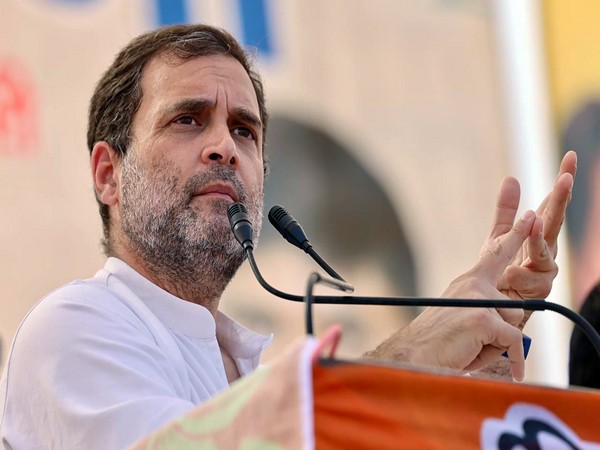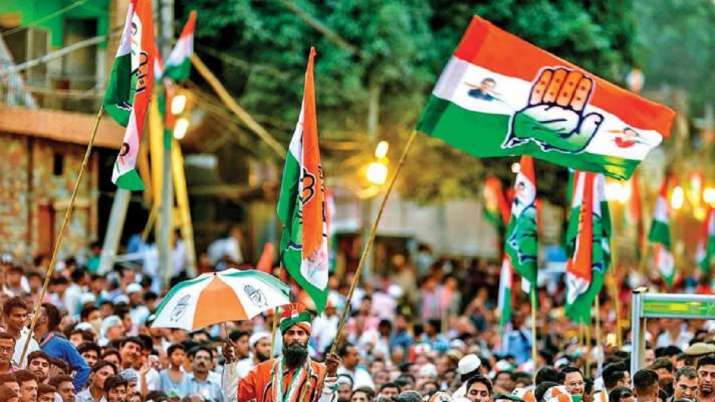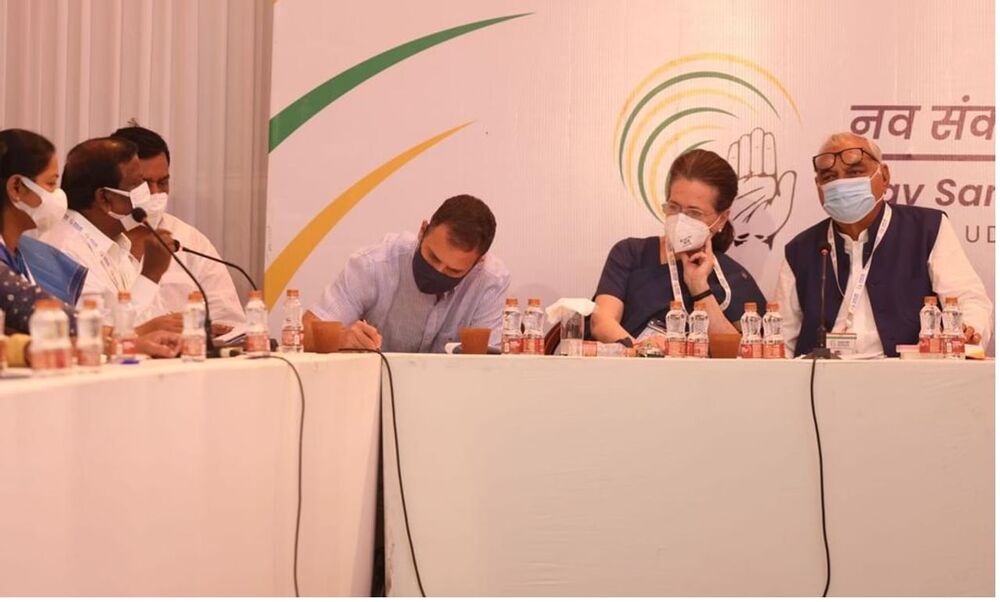Congress plans to use a crowdsourcing portal to raise more funds, the Times of India reported citing sources. If it’s anything like the current approach, the most noteworthy aspect will be a digital paper trail and, hopefully, more open political finance. Worldwide, it is tough to regulate political money. Although political parties exist independently of the state, they legislate on behalf of the government to establish rules governing their funding.

There are two central tenets of regulation concerning political finance: limits on individual donations and transparency regarding funding. Since it is easy to circumvent limits if the donor is unknown, full disclosure of the funding source is more important. The world’s leading democracies have had difficulty formulating a regulatory framework to handle these issues adequately.
Most EU countries are unusual because they use public funds to support political parties to level the playing field. However, this strategy fails to convince when compared to those that tie government financing to electoral performance, such as Germany. Established parties with access to private funding have an inherent advantage.

Regarding political fundraising, the United States stands out. In 2010, the Supreme Court ruled that there could be no explicit coordination between a political party and contributors, essentially eliminating a century-old limit on donations and allowing the concealment of donor identities. This is why the United States has “Super PACs,” or independent entities that create political commercials. As a result, concerns about foreign intervention in American elections and the prevalence of “dark money” are on the rise. The United States is a shining example of the difficulty democracies encounter in achieving financial transparency for elections.

There has been an increase in the use of unincorporated associations in the United Kingdom to sponsor politics. In 2017, a legislative revision in India removed a restriction on corporate contributions. Election bonds were alerted the following year. It’s a bearer bond issued by a bank, but because of changes in the law, voters—the people who ultimately matter—won’t know where the money is coming from. The Supreme Court will begin deliberating today on whether or not it is constitutional. It’s the most critical test of open political fundraising in India.

